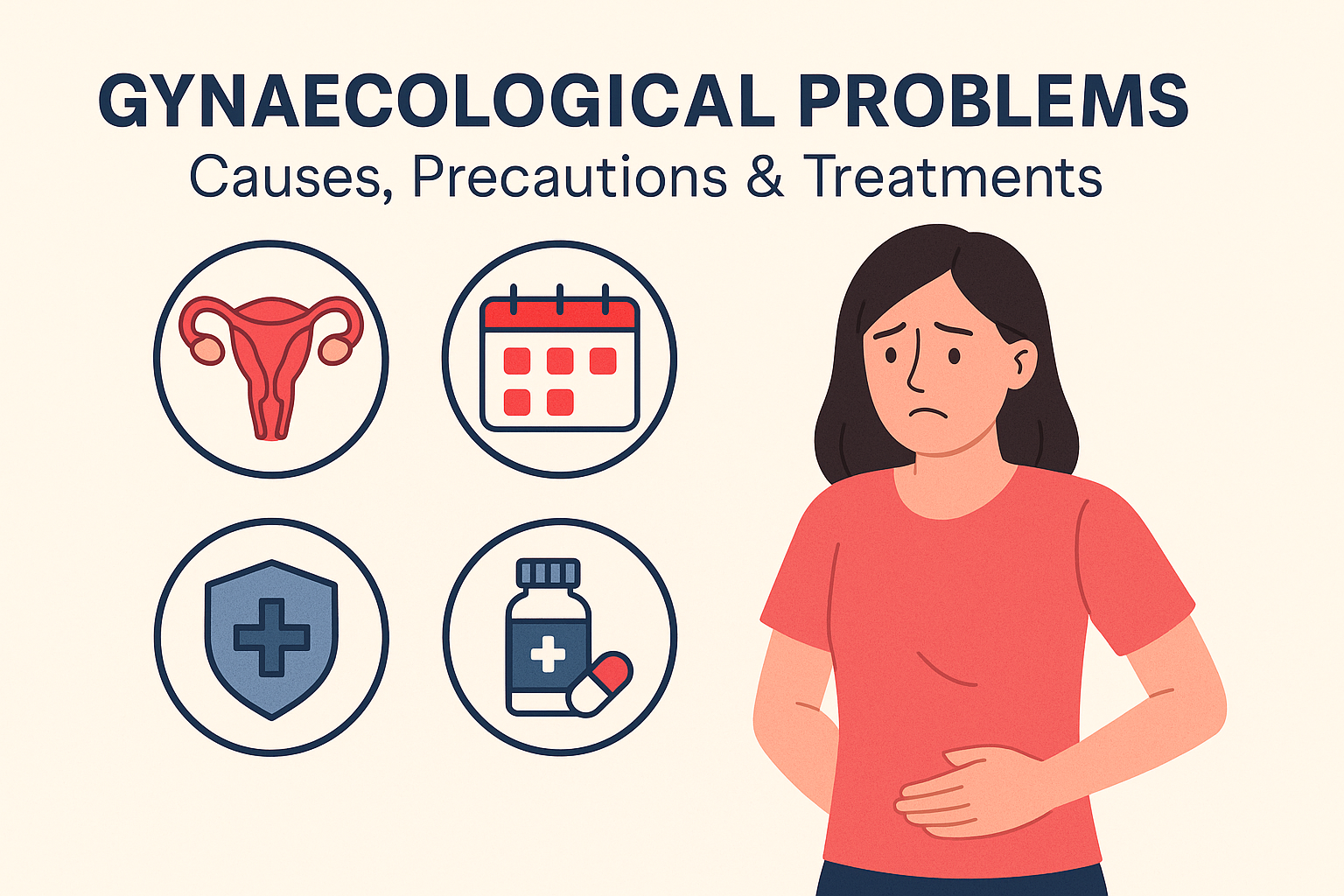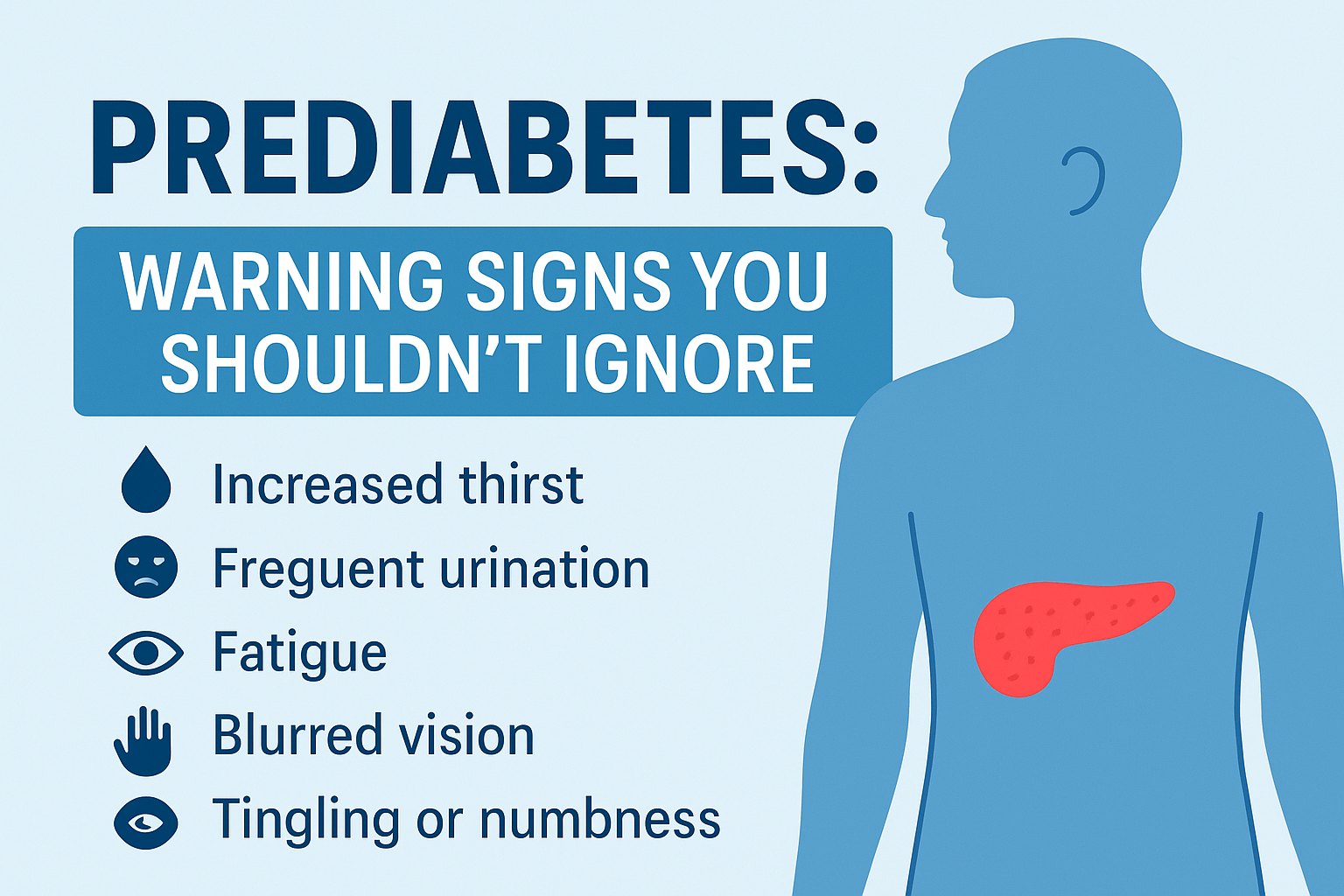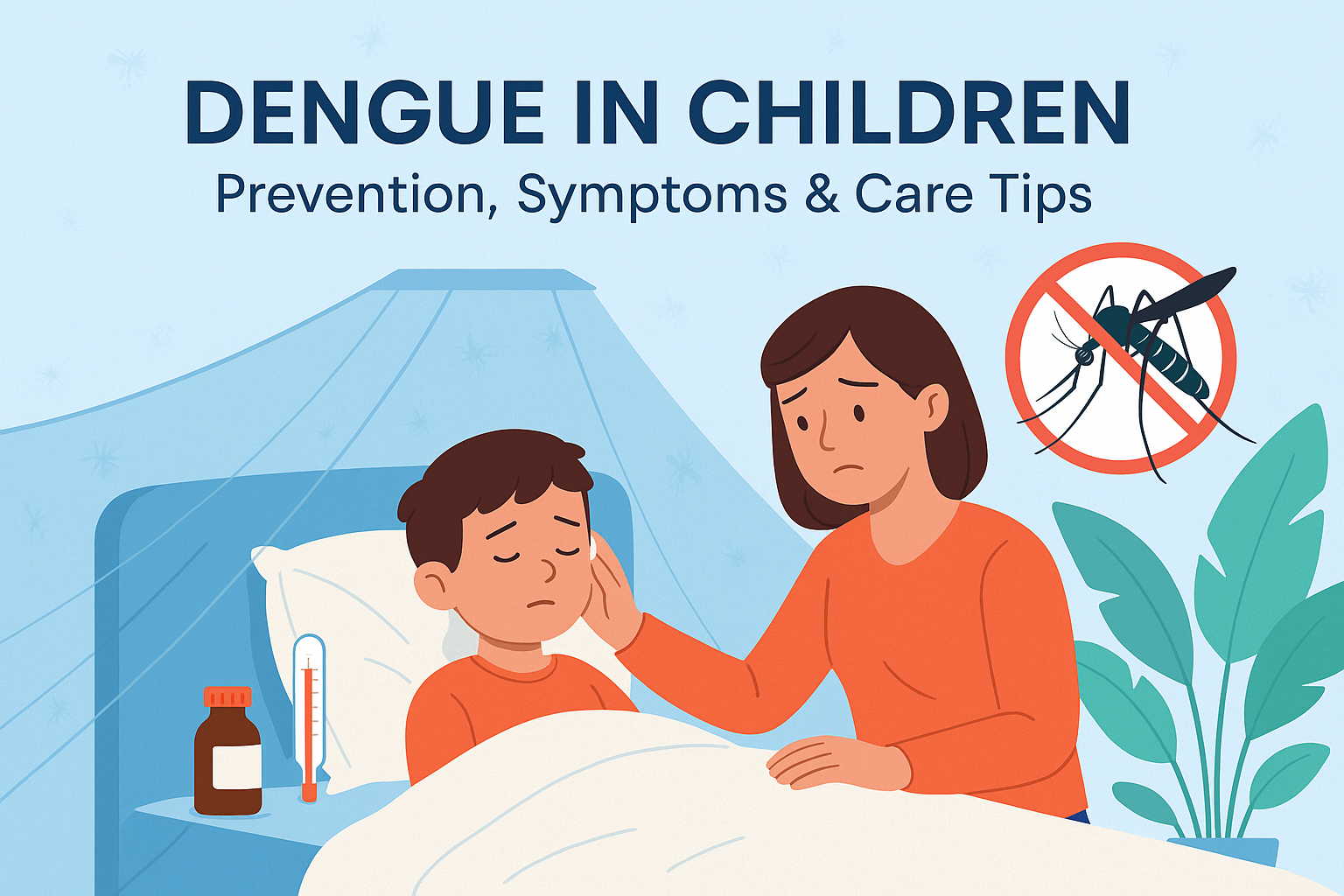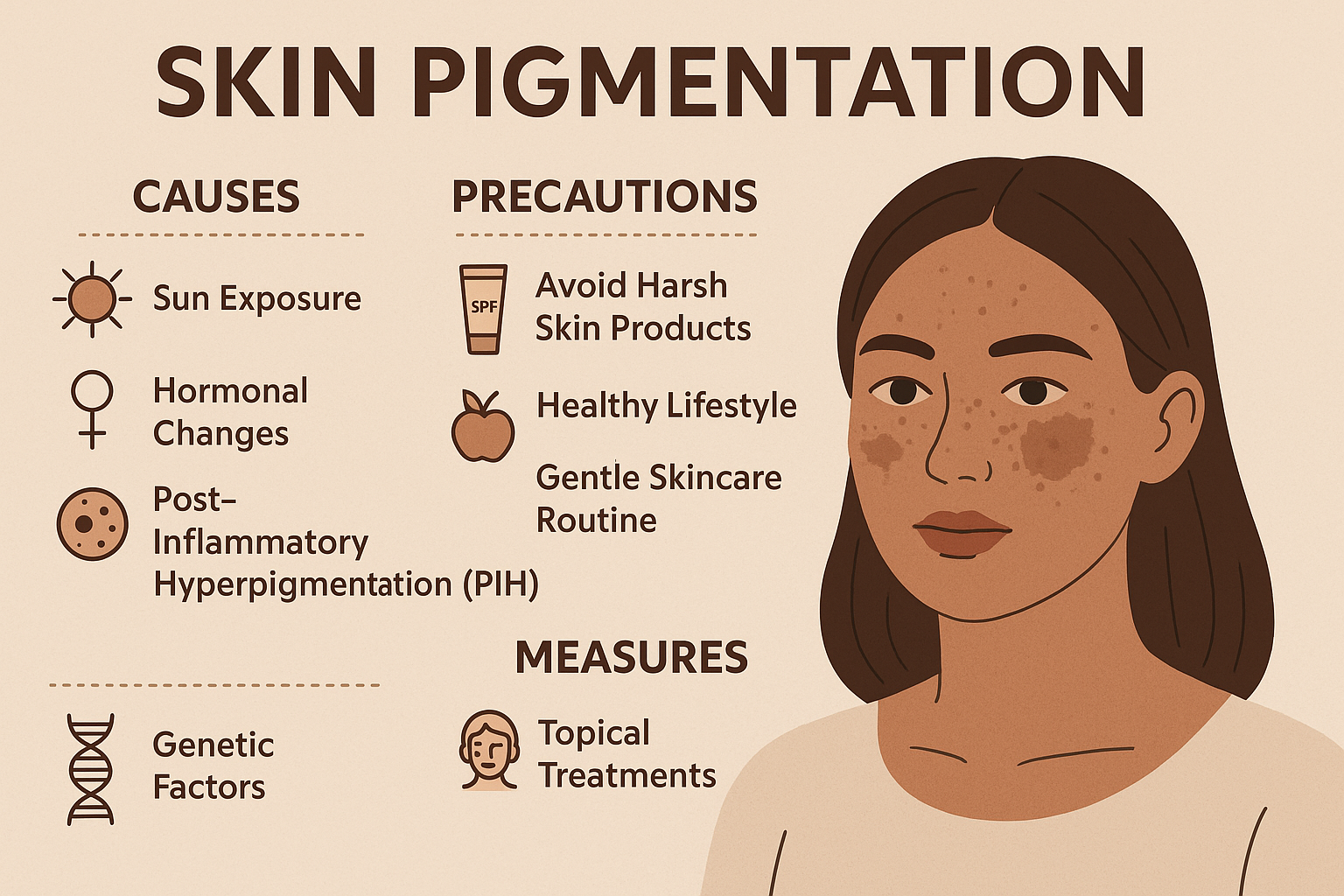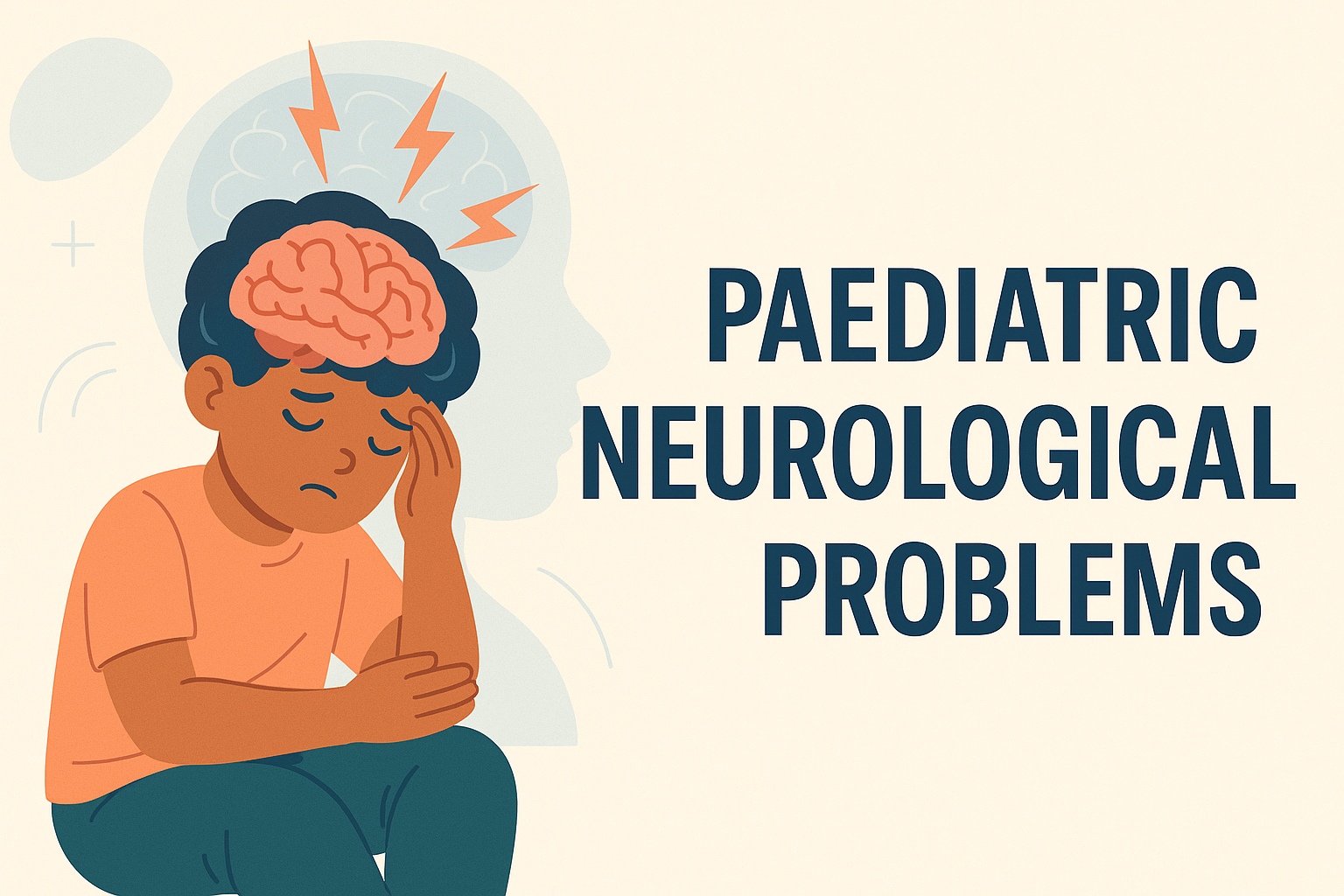Gynaecological problems are health issues that affect the female reproductive system, including the uterus, ovaries, fallopian tubes, and vagina. These conditions can range from common menstrual irregularities to more serious concerns like polycystic ovary syndrome (PCOS), endometriosis, and reproductive tract infections. Early identification and proper management of these issues are essential for maintaining overall health and well-being.
Common Gynaecological Problems
Some of the most frequently encountered gynaecological issues include:
- Irregular Menstrual Cycles: Caused by hormonal imbalances, stress, or underlying conditions like PCOS.
- PCOS (Polycystic Ovary Syndrome): A hormonal disorder leading to irregular periods, excessive hair growth, and infertility.
- Endometriosis: A painful condition where the tissue similar to the uterine lining grows outside the uterus.
- Fibroids: Non-cancerous growths in the uterus that can cause heavy bleeding and pain.
- Yeast and Bacterial Infections: Often caused by imbalance in the vaginal flora or poor hygiene.
Precautions to Prevent Gynaecological Issues
Preventive measures play a significant role in reducing the risk of gynaecological problems. Here are some essential precautions:
- Maintain Good Hygiene: Regular washing with mild, unscented soap and wearing breathable cotton underwear can help prevent infections.
- Practice Safe Sex: Using protection reduces the risk of sexually transmitted infections (STIs).
- Healthy Diet and Exercise: A balanced diet and regular physical activity help regulate hormones and maintain reproductive health.
- Avoid Smoking and Limit Alcohol: These can affect hormonal balance and fertility.
Measures for Timely Detection and Management
- Regular Gynaecological Check-ups: Annual visits to a gynaecologist help in early detection of any abnormalities.
- Pap Smear and HPV Test: Recommended for women aged 21 and above to screen for cervical cancer.
- Track Menstrual Cycle: Keeping a record of your period can help identify irregularities early.
- Seek Immediate Medical Attention: Do not ignore symptoms like severe pelvic pain, unusual discharge, or bleeding between periods.
In conclusion, gynaecological health is a crucial aspect of every woman’s overall wellness. By taking preventive steps and staying aware of bodily changes, women can protect themselves from many common reproductive issues. Prioritizing regular check-ups and a healthy lifestyle goes a long way in ensuring long-term reproductive health and quality of life.
For more information subscribe to our Youtube Channel
For Consultation Book an Appointment

